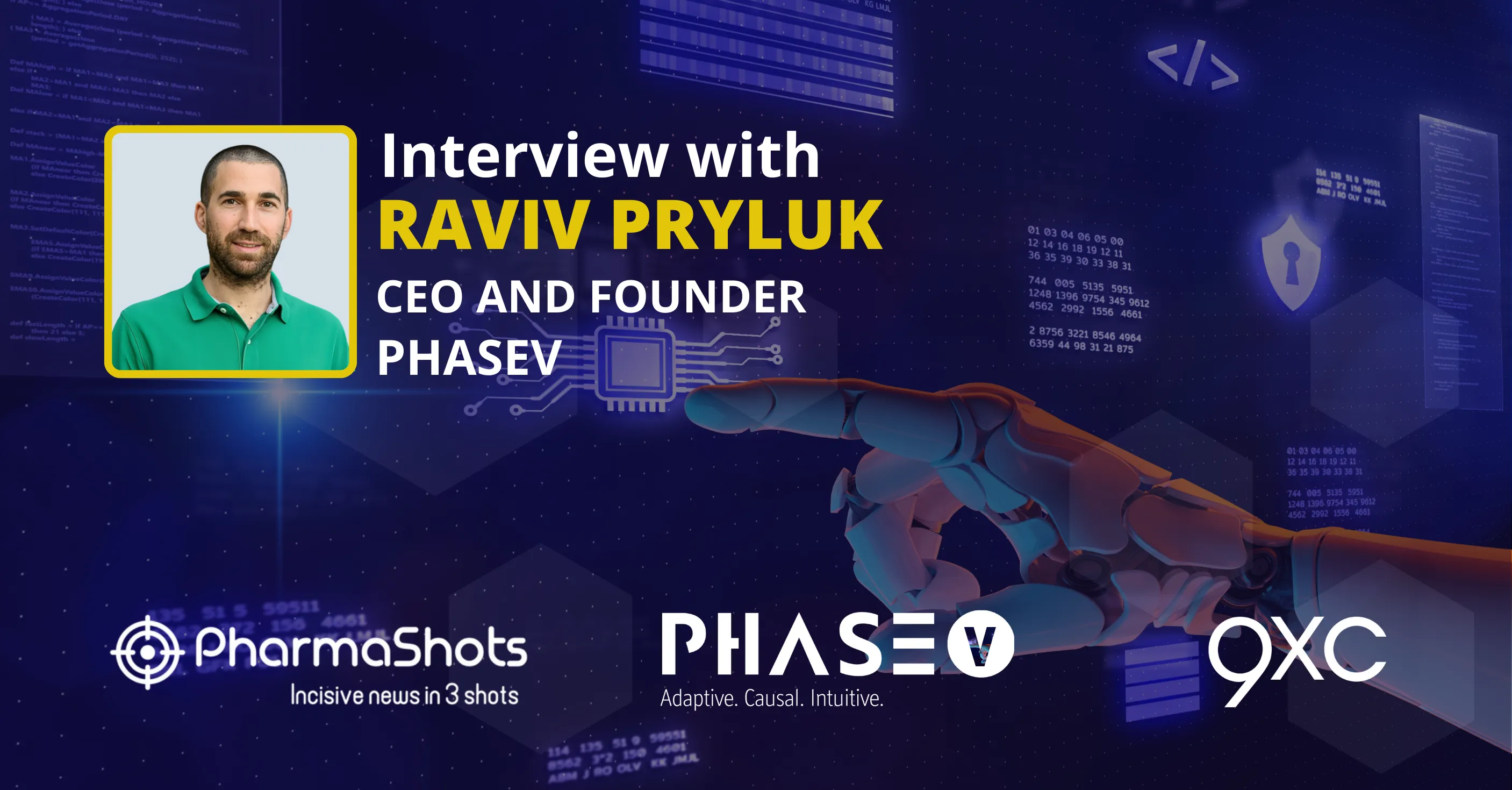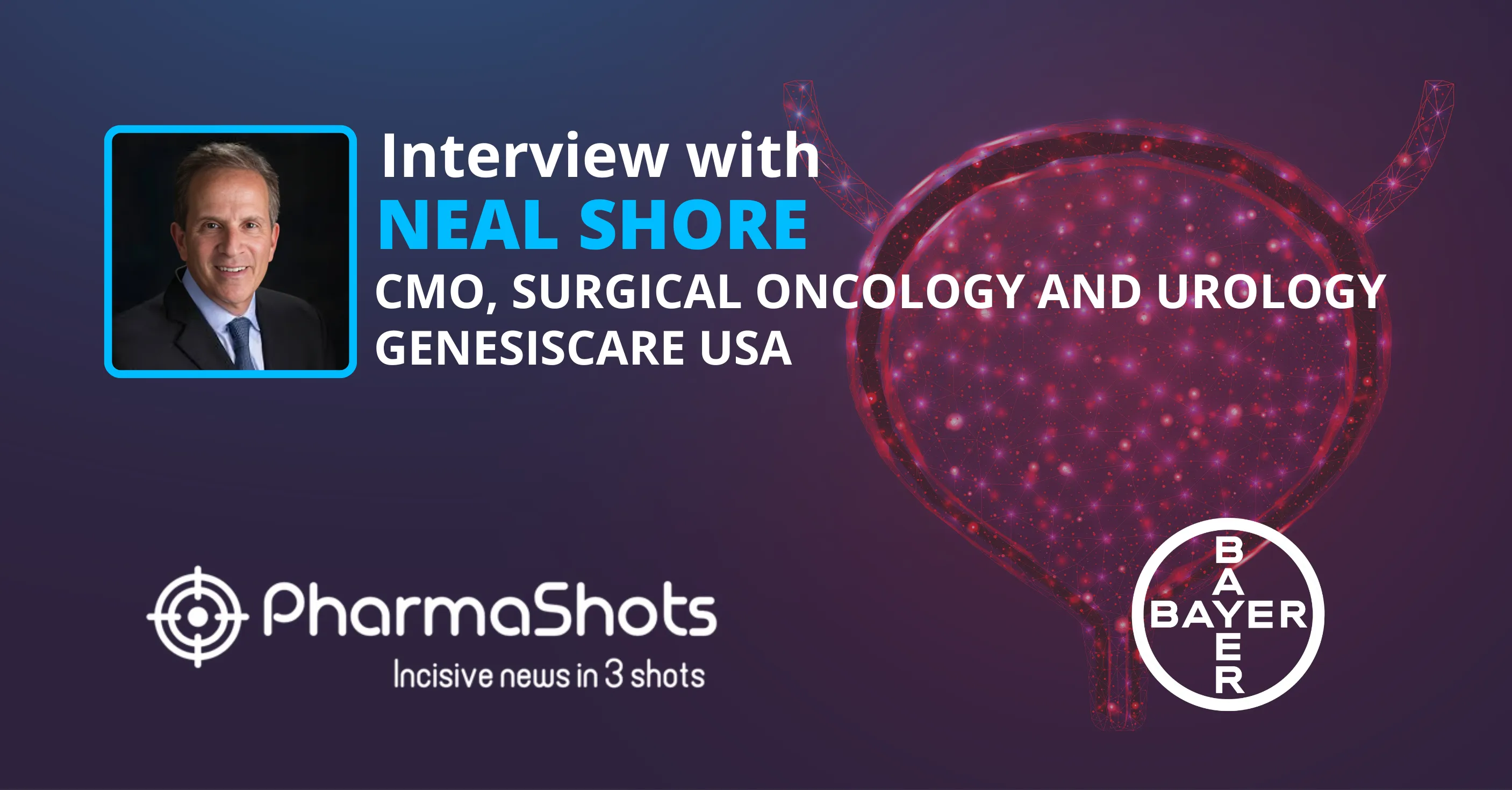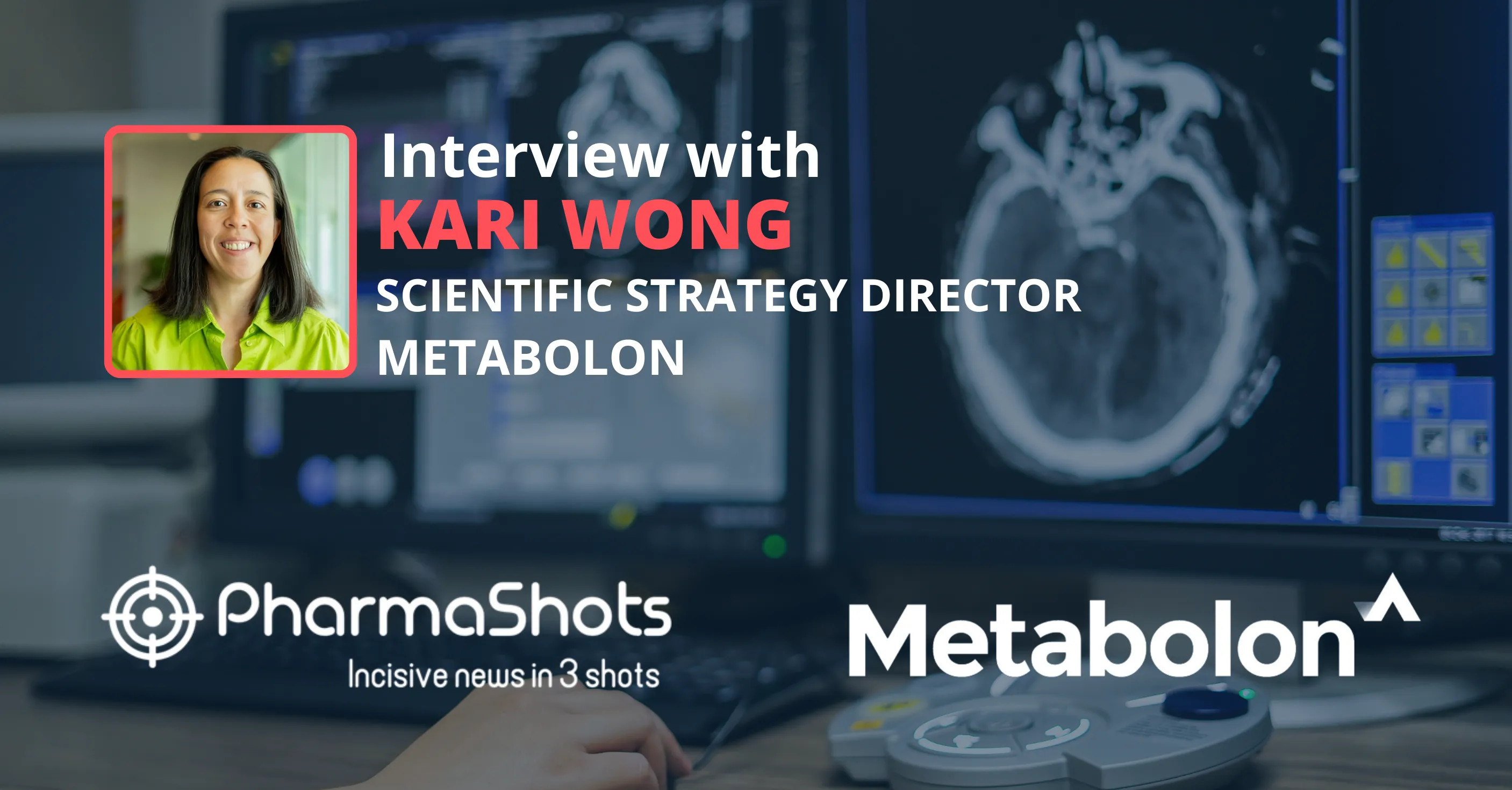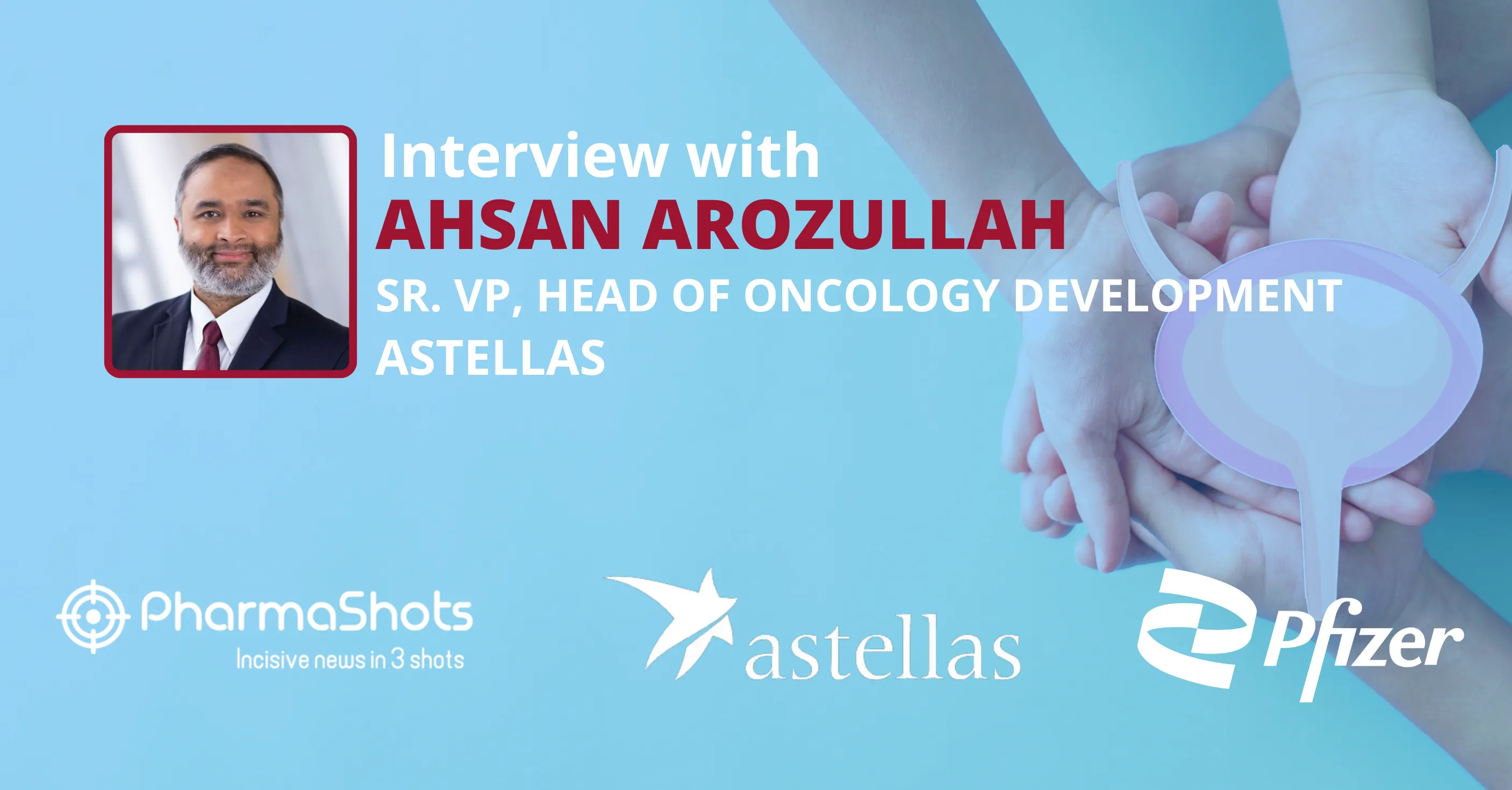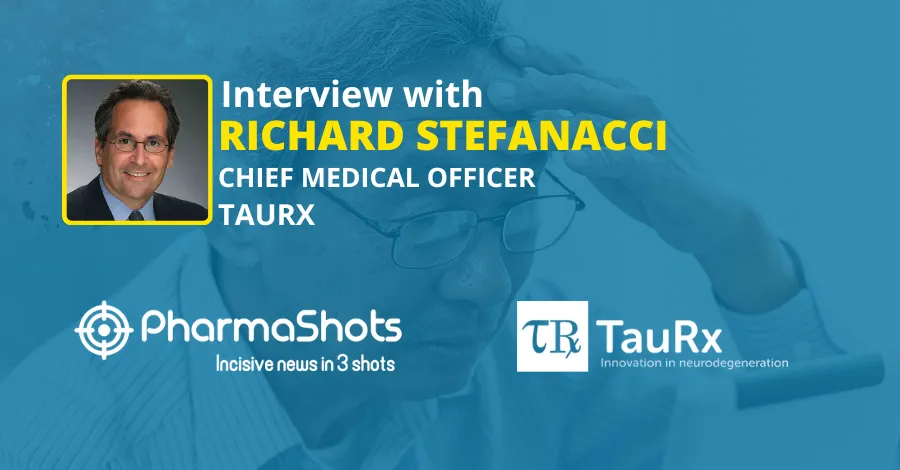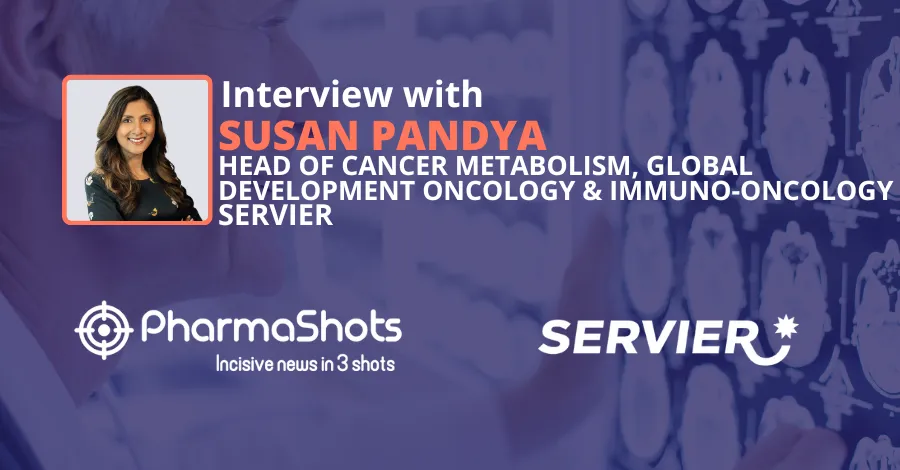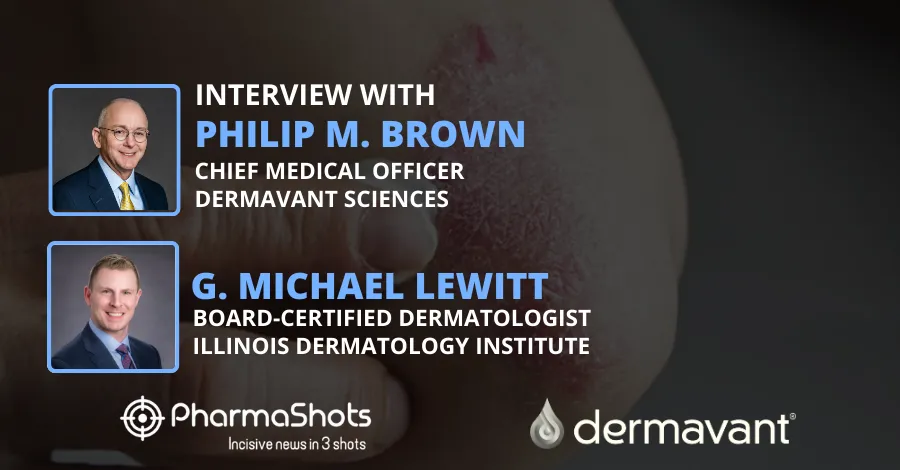
PharmaShots Interview: Guardant Health’s Kathryn Lang Shares Insight on SHIELD Blood Test for Colorectal Cancer
In an interview with PharmaShots, Kathryn Lang, Vice President, Outcomes & Evidence at Guardant Health shared her views on the enrolment of the final patient in the (ECLIPSE) trial for SHIELD blood test to treat Colorectal Cancer
Shots:
- The company has reported the patient enrolment in the (ECLIPSE) trial to evaluate SHIELD blood test in 12750 patients aged 45-84yr. with colorectal cancer (CRC) The results are expected in mid-2022 & will support a premarket approval submission to the US FDA in 2022
- The Guardant SHIELD test has been demonstrated to be accurate at detecting colorectal cancer (CRC) by identifying circulated tumor DNA (ctDNA) in the blood
- Guardant SHIELD laboratory-developed test is expected to be available within the next few mos. for detecting colorectal cancer in average-risk adults. The company is developing a simple blood test to screen for cancers in asymptomatic patients
Tuba: Can you provide an overview of the ECLIPSE study?
Kathryn Lang: ECLIPSE (Evaluation of ctDNA LUNAR Assay In an Average Patient Screening Encounter) is a prospective, multi-site registrational study to evaluate the performance of Guardant Health’s SHIELD blood test to detect colorectal cancer in individuals aged 45-84 in the U.S. who are at average risk for colorectal cancer, including those who have historically been underrepresented in clinical research and identify as Native American and Black or African American. More details about ECLIPSE can be found at NCT04136002.
Tuba: Can you explain the key features of Guardant SHIELD? How does it help in detecting colorectal cancer?
Kathryn Lang: The Guardant SHIELD test has been demonstrated to be accurate at detecting colorectal cancer (CRC) by identifying circulated tumor DNA (ctDNA) in the blood. Early cancer detection is challenging, especially with respect to clinical specificity. There is a minimal amount of ctDNA in patients with a low-disease burden. Additionally, naturally occurring genomic aberrations in blood, as well as signals from non-cancer-related diseases, can add biological noise obfuscating detection of circulating tumor-related biomarkers. We believe we have the unique capability to overcome these challenges.
Building on top of our Guardant digital sequencing technology for genomic analysis, our novel, the integrated assay can analyze epigenomic signals including methylation and fragmentation changes in cell-free DNA (cfDNA). Augmenting genomic with epigenomic signatures can enhance the clinical sensitivity and specificity of our tests significantly to detect early-stage diseases like CRC. Moreover, we developed a database of biological noise sources which enables us to further enhance the sensitivity and specificity of our tests.
Tuba: What are the benefits of this test, in comparison with conventional methods of screening?
Kathryn Lang: Our screening test is being developed initially to detect colorectal cancer, where today 1 in 3 adults is not getting the recommended screening. A simple blood test can improve these rates by overcoming barriers associated with available methods, including colonoscopy and stool-based testing, which while effective, are time-consuming, more invasive, and difficult to complete.
Tuba: Can you describe how you’re able to continue ongoing enrollment during COVID-19, when many put off regular screenings?
Kathryn Lang: Clinical trials sites and research teams have been under enormous pressure during the pandemic: challenges including redeployment of staff, reduced patient flow, enhanced testing, and general reluctance to engage with non-emergency healthcare. Our clinical trial operations team was able to support site-based enrollment with targeted enrollment materials, ride-share services for patients to travel safely to sites, mobile phlebotomy, and, crucially, partnerships with advocacy groups who can help to communicate with patients the value of their contributions to this kind of research. From a strategic perspective, being open in sites with a wide geographic spread has made it possible to continue recruitment at high levels in centers with lower COVID effects while others could not contribute.
Tuba: Can you explain how this will support a premarket approval submission to the U.S. FDA in 2022?
Kathryn Lang: In December 2021, Guardant Health announced that it has reached its target enrollment of 12,750 patients in the ECLIPSE trial. This study was designed to evaluate the performance of the Guardant SHIELD assay in detecting colorectal cancer in average-risk adults. In the study, the patient will receive a blood draw prior to the patient undergoing the standard of care colonoscopy and retrospectively compare the performance characteristics of the Guardant SHIELD test with the findings of the colonoscopy. Topline data released from ECLIPSE is planned for mid-2022. If the study results are positive, Guardant Health will submit these results to the FDA to obtain the premarket approval.
In the premarket approval clearance process, the FDA must determine that a proposed device is “substantially equivalent” to a device legally on the market, known as a “predicate” device, in order to clear the proposed device for marketing. Data from the ECLIPSE study will compare the performance characteristics of the Guardant SHIELD test with a colonoscopy.
Tuba: Can you describe how Guardant SHIELD could potentially increase screening rates?
Kathryn Lang: Routine, non-invasive tests are the key to increasing cancer screening rates. Guardant Health is developing a simple blood test to screen for cancers in asymptomatic patients and is focused on detecting the cancers that benefit most from early detection such as CRC and lung cancer.
The test is done via a simple blood draw that can occur in a doctor’s office or in alternate settings by a trained phlebotomist and, therefore, has the potential to dramatically increase screening rates, especially in underserved populations.
Tuba: Can you provide an overview of the company’s plan for this technology in the coming year? What other screening tests do you have in development?
Kathryn Lang: Guardant Health is on track to launch the Guardant SHIELD laboratory-developed test (LDT) for detecting colorectal cancer in average-risk adults within the next few months. This test will be the company’s first blood-based screening test to come to market. We expect to submit our PMA package to the U.S. FDA in the latter part of this year and expect to receive approval in 2023, pending successful review by the agency.
On January 18, 2022, Guardant Health announced the enrollment of the first patient in the SHIELD (Screening for HIgh-frEquency maLignant Disease) LUNG study, a nearly 10,000-patient prospective, registrational study to evaluate the performance of its next-generation Guardant SHIELD blood test in detecting lung cancer in high-risk individuals ages 50-80. The study is anticipated to run in approximately 100 centers in the United States and Europe.
Eligible participants for the SHIELD LUNG study will include people between the ages of 50 and 80 who are current or former smokers and undergo standard lung cancer screenings using low-dose CT scanning. Enrollment is expected to be complete within 36 months, and if the study is successful, the data will support a pre-market approval (PMA) submission to the U.S. Food and Drug Administration (FDA). Additional information about the SHIELD LUNG study is available on clinicaltrials.gov.
Source: Pexels
About Author:

Kathryn Lang is the Vice President, Outcomes & Evidence at Guardant Health. Dr. Kathryn Lang is a board-certified hemato-oncologist, who completed clinical training in London, UK, and completed her Masters in Epidemiology at Erasmus MC, Rotterdam, and Bachelor of Medicine, Bachelor of Surgery (MBBS) from the Newcastle University. She is the lead of the clinical-genomics RWE outcomes research group at Guardant
Related Post: PharmaShots Interview: SalioGen Therapeutics’ Ray Tabibiazar Shares Insights on Gene Coding Platform

This content piece was prepared by our former Senior Editor. She had expertise in life science research and was an avid reader. For any query reach out to us at connect@pharmashots.com



